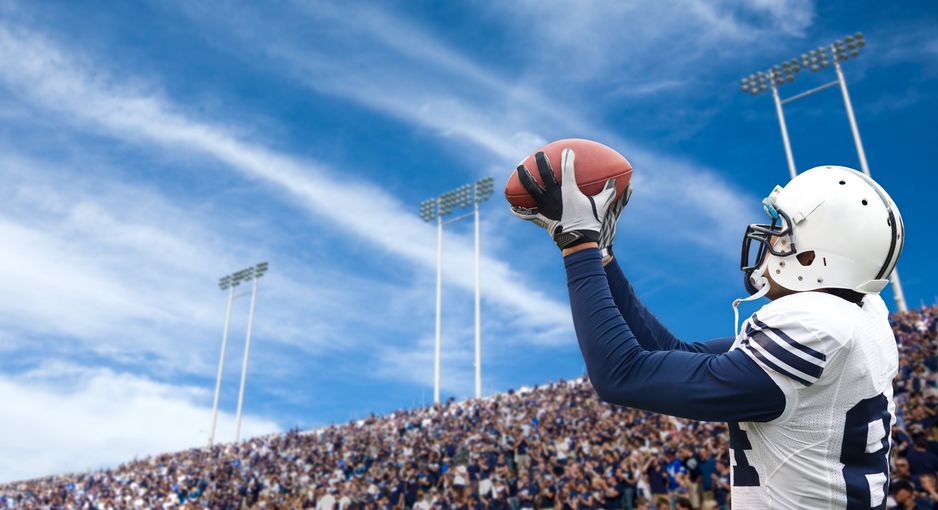The NFL hosts one of the most beloved American pastimes. Legions of fans pour into professional stadiums donned head to toe in elaborate displays of team colors and logos as tangible examples of their adoring commitment and unbridled affection. Such passion, enthusiasm and expectation for games can lead to exuberantly celebratory fanfare as well as extreme displays of rivalry fighting fueled by frustration and/or debauchery.
On November 29, 2009, one such passionate fan attended a San Diego Chargers game at the professional football team’s Qualcomm Stadium. Jason Ensign, a nurse and committed sports fan, was reportedly displaying excessive emotion in the stadium that day. A contract security guard working at the stadium that day, Cameron Baker, was called to respond to complaints of Ensign’s unruly conduct. Reports against Ensign were that he was belligerent, making obscene hand gestures and screaming profanities at other attendees.
Once Baker arrived at the described area, Ensign was asked to step into the hallway near the rear of the stadium. Ensign refused to leave his section and was intoxicated. Upon further verbal altercation, Baker and another security guard restrained Ensign to remove him from the seating area. Subsequently the city police were called and Ensign was arrested.
Security guard Baker sued Ensign for damages he incurred during the contest, to which Ensign filed a cross-claim. Ensign’s grounds were that Baker violated Ensign’s First Amendment rights, other federal rights, malicious prosecution, assault and battery, false arrest, intentional infliction of emotional distress, as well as other accusations. In response Baker filed a motion for summary judgement to which Ensign filed a request for more time to respond.
The case received national attention, as the conversation around upholding the NFL code of conduct began. Arguments in favor of Ensign’s dejection argue that NFL games are family events, and that unruly behavior such as this is not appropriate in an arena where children, young adults and sensitive spectators may be present. Alternatively is the argument of upholding free speech, and that the code of conduct printed on game day tickets is not a binding agreement which can be held against all ticket holders. San Diego City Attorney Jan Goldsmith, for example, argued that the NFL should be able to rightfully enforce the code of conduct by means including ejecting spectators for the use of profanities and ostensibly offensive gestures. She continued to claim that should Ensign’s case be ruled in his favor, this would set a precedent for future sports fans to believe that they can use any kind of language and gesture they please without fear of consequence.
Baker’s motion for summary judgement was granted by the federal district court, holding that there was no evidence either of the security guards used excessive force to detain Ensign. The court also held that Baker nor the other guard threatened Ensign’s statutory or constitutional rights with threats of or actual violence. Instead, the court determined that the guards followed proper security procedure by verbally requesting Ensign vacate the seating area despite Ensigns refusal to oblige paired with unruly conduct and verbally slanderous language targeted at the guards. This case establishes that security guards are in fact rightful when requesting fans to abide by the NFL’s code of conduct as well as comply with security guard requests.
Sources:
- SECURITY LAW NEWSLETTER
- NFL






